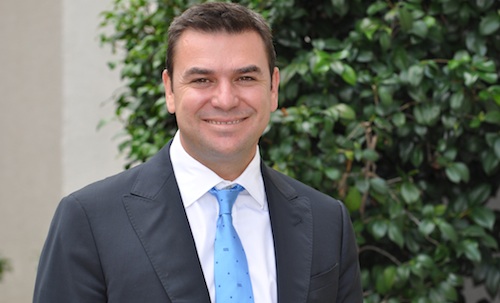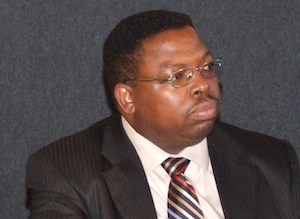
A decline in revenue was not enough to stop JSE-listed IT services group GijimaAst from reporting a 33% leap in normalised headline earnings per share in the six months to 31 December 2009.
It has amassed R623m in cash and declared an interim maiden dividend of 2,5c/share.
It’s a significant turnaround for an IT group that little more than five years ago was in dire financial straits.
GijimaAst CEO Jonas Bogoshi says a 3,6% decline in sales in the latest reporting period is a direct result of the group declining to bid for low-margin product sales, preferring instead to focus on services contracts that deliver better operating margins.
The higher-margin business, coupled with stringent cost management, helped propel profits higher.
Earnings before interest, tax, depreciation and amortisation (Ebitda) leapt 95,4% to R156,7m, from R80,2m in the comparative six month period in 2008.

Bogoshi says Ebitda margin has grown consistently for the past six half-year periods and is now 10,8%. “The business model we chose is proving to be resilient, and has taken us through the economic downturn,” says Bogoshi. “The performance is now more predictable and sustainable.”
Cash generation was particularly impressive in the period, with the cash position moving from R446m to R623m, prompting Gijima to declare an interim dividend and to predict the final dividend at year-end will increase from last year’s 5c/share.
The 2,5c/share interim payout will cost the group R24m. GijimaAst finance director Carlos Ferreira admits it could have paid a higher interim dividend but decided against this. “Given where the economy has come from, we thought, let’s be more prudent in terms of our cash holdings,” he says.
Though analysts have long said the local IT services market is ripe for consolidation, Ferreira says GijimaAst has no plans to acquire any of its competitors.
“Acquiring or merging with similar businesses to ours, purely to gain additional critical mass, doesn’t really make sense for us,” he says. “Where we need to grow is in managed network services. We’re an ICT business, but we’re a little weak in the ‘C’ in ‘ICT’.”
However, GijimaAst has no intention of going head-to-head with the big network infrastructure providers. “Where we will focus is on providing cloud-based and managed network services for specific industries.”
The group continues to perform well in the public sector, where it now generates almost half its revenue. Over time, Bogoshi wants government spending to contribute between 40% and 45% of the group’s revenue.
In the past six months, the group has picked up two significant public-sector contracts.
The first, from the SA National Roads Agency, involves working with Austrian company Kapsch to supply tolling systems for Gauteng freeways. The second is with the department of land affairs for an electronic deeds system.
GijimaAst’s largest shareholder is Guma (headed by GijimaAst chairman Robert Gumede), which has 36% of the group’s equity. Institutional investors Allan Gray and Sanlam have about 23% and 10% respectively. — Duncan McLeod, TechCentral
- The writer holds shares in GijimaAst
- Subscribe to our free daily newsletter
- Follow us on Twitter or on Facebook




